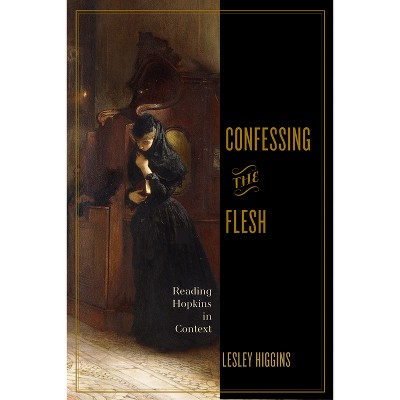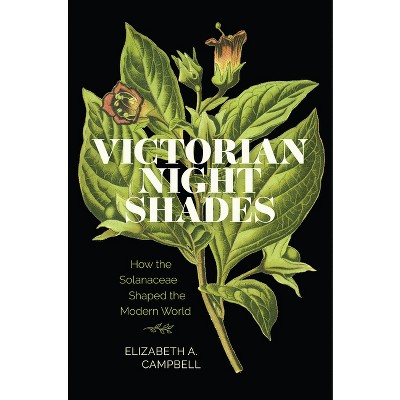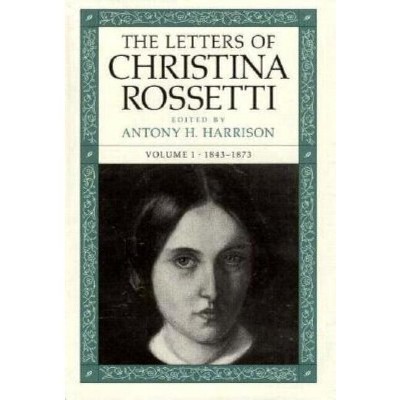Restoration Drama and the Idea of Literature - by Katherine Mannheimer (Paperback)

About this item
Highlights
- From 1642 to 1660, live theater was banned in England.
- About the Author: Katherine Mannheimer is Associate Professor of English at the University of Rochester and the author of Print, Visuality, and Gender in Eighteenth-Century Satire: "The Scope in Ev'ry Page.
- 324 Pages
- History, Modern
Description
About the Book
"This book asks how the British Interregnum's eighteen-year closure of the theatres--during which plays could be printed and read but not performed--affected the drama written for the reopened theatre and heightened playwrights' awareness of its status as an art form straddling both page and stage"--Book Synopsis
From 1642 to 1660, live theater was banned in England. The market for printed books, however--including plays--flourished. How did this period, when plays could be read but not performed, affect the way drama was written thereafter? As Katherine Mannheimer demonstrates, the plays of the following decades exhibited a distinct self-consciousness of drama's status as a singular art form that straddled both page and stage.
Scholars have commented on how the ban on live performance changed the way consumers read plays, but no previous book has addressed how this upheaval changed the way dramatists wrote them. In Restoration Drama and the Idea of Literature, Mannheimer argues that Restoration playwrights recognized and exploited the tension between print and performance inherent to all drama. By repeatedly and systematically manipulating this tension, these authors' works sought to court the reader while at the same time also challenging emergent concepts of "literature" that privileged textuality and print culture over the performing body and the live voice.
Review Quotes
Mannheimer is a brilliant close reader, and makes an original and substantial contribution to eighteenth-century literary studies. Her interpretive framework grows organically out of the drama itself, and the critical and historical contexts that she gracefully weaves together make this a most engaging and beautifully written book.
--Marcie Frank, Concordia University, author of The Novel Stage: Narrative Form from the Restoration to Jane AustenAbout the Author
Katherine Mannheimer is Associate Professor of English at the University of Rochester and the author of Print, Visuality, and Gender in Eighteenth-Century Satire: "The Scope in Ev'ry Page."











